5 Surprising Facts About the Rain ||form @ummehussain17
5 Surprising Facts About the Rain
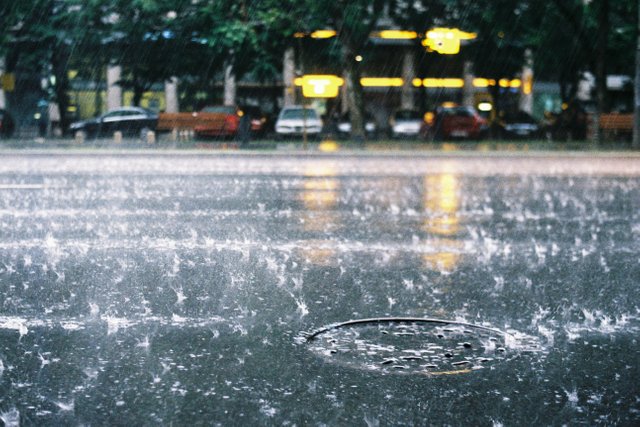
Rain is one of the essential parts of our natural world.
As we head into the fall season, one of the things that often catches our attention is the Rain. We got curious about how rainfall works and began conducting experiments. In this article, we'll look at some surprising facts about Rain, from its origins to how it affects our environment.
"The rain is a sign that the sky is crying."
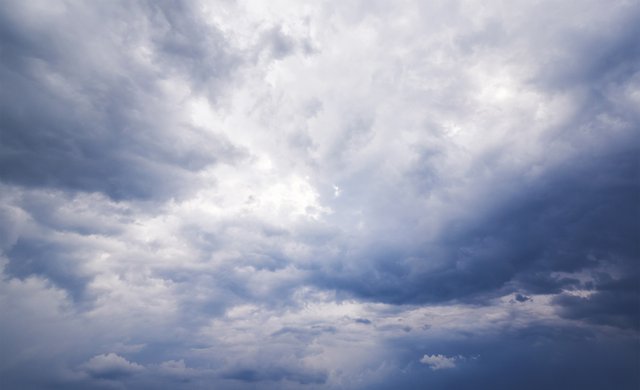
The Rain is Good for Your Skin
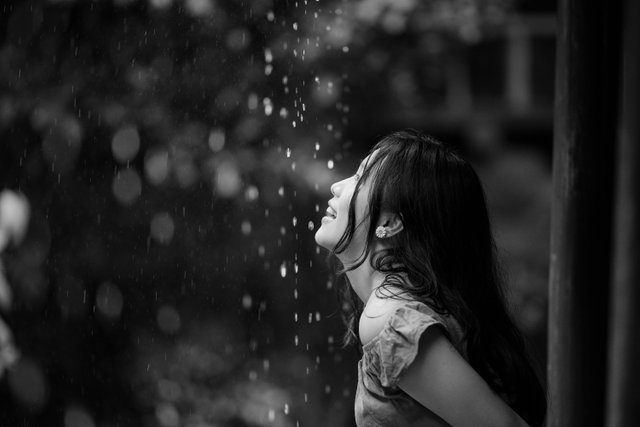
Almost everyone knows that Rain is good for plants and crops, but did you know that Rain also helps to keep your skin healthy?
Rain is filled with tiny water droplets that help to moisturize your skin. When the air temperature is hot and the humidity high, your skin can become dry and uncomfortable. The water droplets in rain help keep your skin hydrated and moisturized, which is why getting wet during a storm is a good idea.
Another benefit of getting wet during a storm is increasing your circulation. Increased circulation means your body can absorb nutrients and vitamins better, improving your health. So next time you see a storm brewing, take advantage of the weather and get wet!
The Rain Keeps You Hydrated
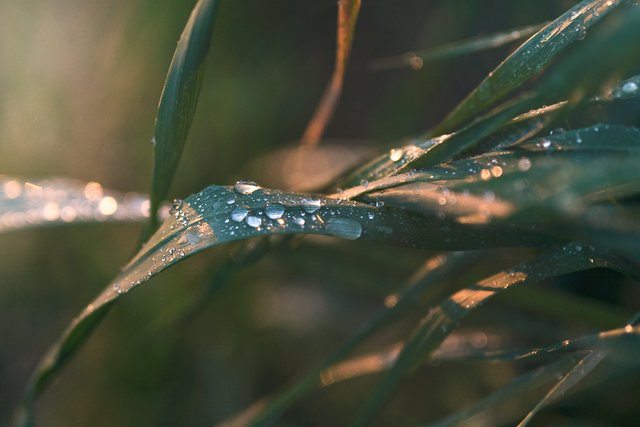
One of the benefits of Rain is that it helps to keep you hydrated. When Rain falls on your skin, it evaporates and takes up water. This water can help regulate your body temperature and protect you from dehydration.
Another benefit of Rain is that it helps to clean the air. Rainwater contains small particles called droplets. These droplets act as tiny sponges, absorbing pollutants and other chemicals from the air. When the droplets absorb these pollutants, they are carried away and eliminated from the atmosphere.
Overall, Rain is an integral part of the ecosystem. It helps to keep us hydrated, cleans the air, and preserves resources.
The Rain Can Help You Lose Weight

One of the most surprising facts about Rain is that it can help you lose weight. The sun emits infrared light that helps you stay healthy.
In addition, rainwater contains reasonable amounts of electrolytes, which can help to increase your energy levels and improve your overall performance. These electrolytes are also essential for keeping your muscles working correctly.
So next time it starts pouring outside, don't be afraid to take advantage of all the moisture it offers. It might be the best way to lose weight and keep your body healthy!
The Rain Can Freshen the Air
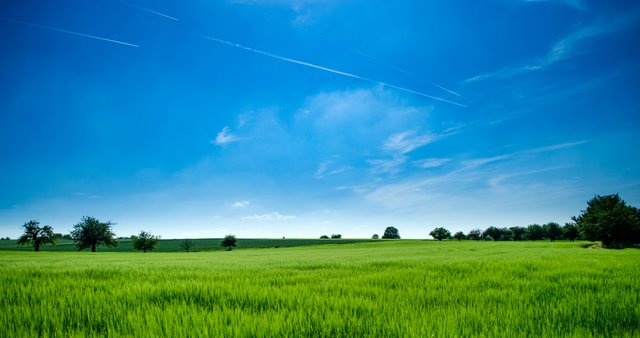
The Rain can also help to freshen the air. The sun's rays heat the Earth's atmosphere is warm, dry climates. This heating process produces ozone, a chemical harmful to humans and other animals.
Ozone levels in the atmosphere rise when it rains because water droplets fill the air with more water vapor. It produces more oxygen, which reduces levels of the ozone.
- rain is one of the essential elements in our environment. Without it, many plants and animals would not be able to survive.

Rain can help us regulate our temperature and hydrate our bodies.
Rainbows result from refracting sunlight from rain droplets on water surfaces.
Hydrologists study the factors that affect rainfall, including wind speed and direction, altitude, temperature and
pressure patterns, etc.More than half of all precipitation in the United States occurs during thunderstorms!
The Rain Can Help Mitigate Climate Change

Rain can help mitigate climate change in several ways. First, rainwater is an excellent tool for reducing greenhouse gas emissions. Rain washes away dirt and other pollutants from the ground. When it reaches the ground, this water turns into mud, which helps slow the flow of rivers and streams. This process helps to keep toxins and sediment from getting into waterways, reducing the amount of carbon dioxide released into the atmosphere.
Second, rainfall can also help to improve the environment by helping to replenish groundwater supplies. When rainwater falls on ground saturated with water, it causes flooding. This flood water picks up contaminants and layers them on top. Over time, this process can lead to human-made environmental disasters like oil spills. In contrast, when rainwater falls on dry ground, it doesn't cause flooding and can help recharge groundwater resources.
Third, rainfall can help to create new ecosystems. Rain falls on land that hasn't been used for a long time. It can help develop new vegetation and soil. This new land can then be used for farming or storing carbon dioxide in the atmosphere.
Rain Is Essential for Healthy Plants and Ecosystems

Rain is necessary for healthy plants and ecosystems. It helps clean the air and water and provides vital nutrients for plants.
Rain also helps to keep the ground wet, which is essential for plant roots. Moist soil allows plants to absorb more water and nutrients from the Earth.
Rain also helps to prevent erosion by keeping the soil moist. Erosion is a significant problem in many parts of the world and can lead to the loss of land and water resources.
In short, Rain is essential for both people and plants. It is a valuable natural resource that should be taken seriously.
Rain Can Also Improve Air Quality
.jpg)
Rain can have a surprising impact on air quality. Rain draws in pollutants from the atmosphere when it falls on the ground. This process is called "runoff," and it happens worldwide.
Runoff usually occurs in areas with heavy traffic and high concentrations of pollution. It can help to clean up the air in these areas by removing pollutants from the ground. In some cases, runoff can also increase the concentration of contaminants in water bodies.
However, runoff can also hurt air quality. For example, runoff from farms and factories can release harmful compounds into rivers and lakes. This process is called "point source" runoff, and it's one of the leading causes of water pollution.
Rainfall is a natural way to clean up the air and improve air quality. It's important to remember that runoff can positively and negatively impact air quality.
More Rain Means More Potential for Floods
- More Rain means more potential for floods.
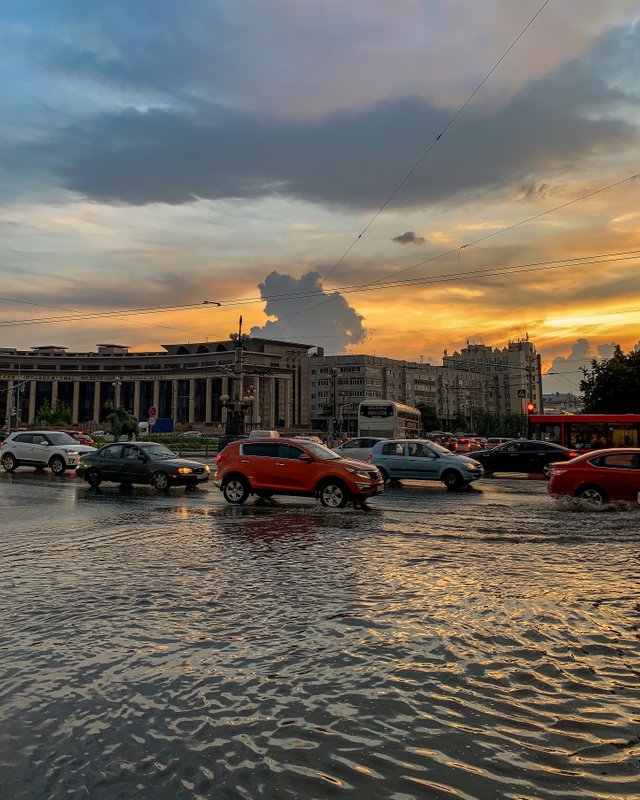
Flooding occurs when water accumulates in low-lying areas or flows over land from higher ground. Things like natural disasters can cause property damage, and these can also disrupt everyday life.
- Flooding is not just a problem in the rain season.
Flooding can also occur during other times of the year, as rainwater can accumulate in drainage systems or on roads covered in snow or ice. In addition, heavy rains can cause rivers and streams to overflow their banks, leading to flooding downstream.
- Flooding is a global issue.
Flooding is a problem that affects people all over the world. In particular, flooding is common in developing countries with inadequate infrastructure to handle extreme rainfall events.
Sometimes Rain Can Be Beneficial to the Environment.
Rainfall is a natural phenomenon that occurs all over the world. In some cases, rainfall can be good for the environment. For example, rainwater can help to fertilize plants and reduce the need for artificial chemicals.
Another surprising fact about Rain is that it can help to clean up air pollution. Raindrops are tiny and gentle enough to filter through the air and remove pollutants from the atmosphere. When Rain falls on smokestacks or other sources of pollution, it can help to clean them up.
Conclusion
Like most people, you probably think of Rain as a nuisance. But did you know Rain can benefit both the environment and your health? This article will look at five surprising facts about the Rain that will change your view of it. From cleaning up pollution to helping us stay healthy, stormy weather is full of surprises that we'd better start paying attention to,
So go ahead: Let the waterfall from the sky!
